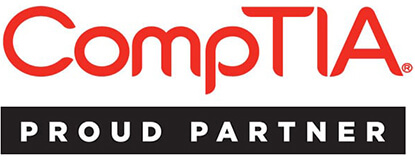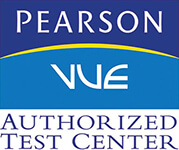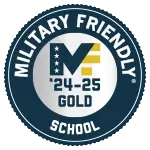The History of Education – The Story of Career Colleges
Where were the first schools, and for what reasons did they emerge? Who were the first teachers, and what was their pedagogy? When and where did the first educational philosophies emerge and why?
The answers to all of these questions are found in every corner of the globe, dating as far back as 4000 B.C. For thousands of years, society has sought to somehow improve civilization through education. Language acquisition, making of tools, hunting, and making fire are a few of the essential “lessons” learned in our first societies. Society has always been thinking and teaching out of necessity.
Our predecessors viewed education as a means of improving life, of creating better citizens. Thus, the various philosophies of education all focused on ways of improving education and thereby improving the quality of the citizens in a community. The foundations of education today still reflect this attitude of improving society’s citizens and communities.
In my teaching experience, this very approach to educational relevance is still imperative. I develop goals for students in my class, or, in some cases, these goals are prescribed by the administration of Asher College, our accrediting body, or the state of Texas. Based upon those goals I make a determination as to what needs to be taught in order for my students to be effective at what they do (interview preparation in their major of study, most times). And I have to constantly reflect upon the lessons, lectures, and/or assignments that are my teaching tools; to make certain that they are coherent, meaningful, and directed toward the educational goals originally set forth by me or the administration of Asher.
This reflective process led me to stare for some time at this very computer screen, trying to decipher the myriad of information before me into a comprehensible lecture. How do I communicate this bulk of information to my students? Why is it necessary for my students to develop their own brand of philosophy as it relates to their education and profession? How will I know that my students “get” what the lectures are attempting to communicate? These questions drive the content and structure of every lecture, lesson, and project I develop for our students.
Education is a necessity of our society; it is a means of teaching others to survive and perform critical roles in the community. Cultures focus on formal schooling, civic education, and life skills for chosen occupations. In this respect, all are taught in one manner or another. As educators, do we not strive to develop characters as well as the minds of our students? We have mentors that serve as primary educators of our society with the goal of guiding and leading by example.
What is the point you say? The point is simple; in my humble opinion. The purpose of education is to improve the quality of our citizens and society by providing leadership, developing character, and providing the skills necessary to do more than just survive. It is about providing the opportunity to grow as an individual, as a professional, as a leader, as a society of what the next future will become.






